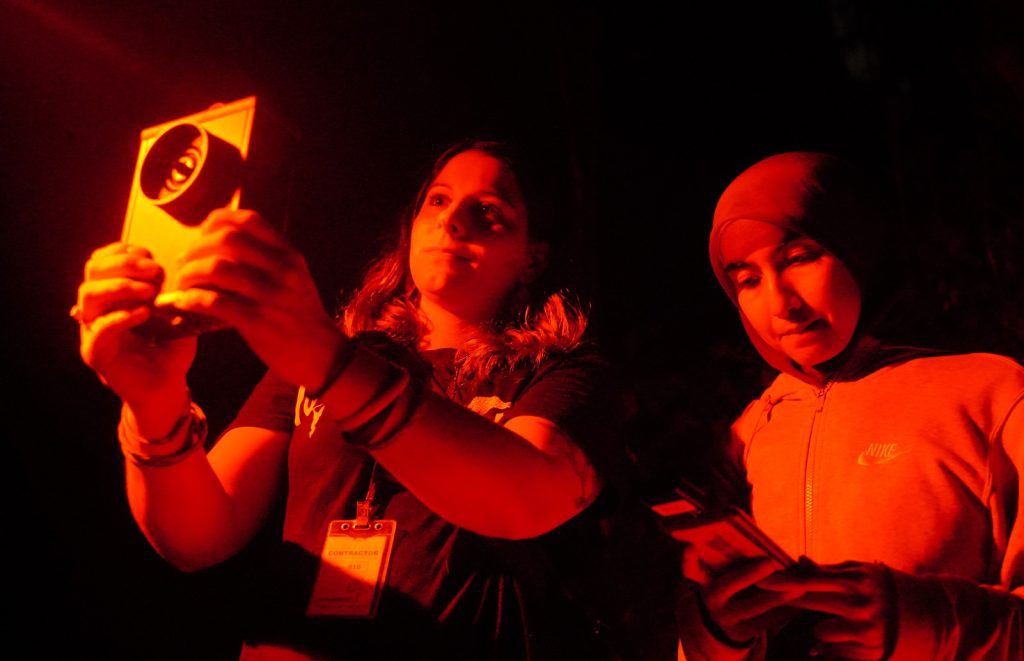Category: Research
What It Takes to Uncover the Hidden World of Land Snails
Land snails are not cute or cuddly. They are also slimy. This might make them a hard sell for conservation. Fortunately, they do grow on you. The deeper you delve into the world of snails, slugs and semi-slugs, the more fascinating they become!
Read More “What It Takes to Uncover the Hidden World of Land Snails”SMART-Effective Food Waste Composter Pilot Project for Penang Hill
Continuing the sustainability initiative by the Foundation which started last year, the Effective Food Waste Composter (EFWC) developed by Professor Dr. Che Zalina from Universiti Pendidikan Sultan Idris (UPSI) has now been installed at The Habitat Penang Hill, where the machine is monitored by the staff.
Read more: SMART-Effective Food Waste Composter Pilot Project for Penang HillCurrently, the brown waste such as leaves, twigs and coffee ground and the green waste such as egg shells, fruit and vegetable peels are collected from the Penang Hill park, the staff working at The Habitat and some nearby food vendors. Thus far, two batches of composts, rich in nutrients, were produced with the machine.
The process of composting has gone through a few rounds of trials. Our team has provided some feedback to Prof Dr Zalina on the functionality of the prototype and the quality of the composts produced. Meanwhile, the staff are working diligently on obtaining the ideal proportion of the brown and green waste to yield compost, with the ideal humidity and texture, regularly.






Once the process is streamlined, The Habitat aims to expand our waste collection to the residential community around Penang Hill as well as other stakeholders on the hill.
Diversity of Dragonflies and Damselflies on Penang Island
The Habitat Foundation is pleased to support a research on the diversity of dragonflies and damselflies through our 2021 Research Grant. Dragonflies and damselflies are categorized under the order of Odonata and they are one of the least known species of Penang Island. This study aims to document the diversity of Odonata within the Penang Hill Biosphere Reserve and to produce an Odonata species list for the Biosphere Reserve.
Read More “Diversity of Dragonflies and Damselflies on Penang Island”The Habitat commences a long-term bioacoustics research programme


Rainforest diversity is not just something that can be appreciated with the eyes. It is also expressed by a diversity of sounds – the song of birds, the shrill siren of cicadas, and the calls of frogs and geckos, and the vocalizations of squirrels and primates are part of the forest landscape.
Read More “The Habitat commences a long-term bioacoustics research programme”Ecosystem Services Provided by Bats in Ricefields


The study to be undertaken Dr Nurul ‘Ain of the School of Biological Sciences, USM focusses on the insectivorous bats of the Gunung Keriang area of Kedah.
Read More “Ecosystem Services Provided by Bats in Ricefields”Microplastic Loads in Fish and Invertebrates in Malaysian Rivers


This research grant will support researchers from University of Nottingham, Malaysia to evaluate the presence and impact of microplastics in our river ecosystems.
Read More “Microplastic Loads in Fish and Invertebrates in Malaysian Rivers”Advancing research in the proposed Penang Hill Biosphere Reserve
The forests of Penang Hill offer exceptional opportunities for ecosystem and sustainability studies. Here you will find an unbroken swathe of pristine yet accessible ecosystems from the hill and lower montane forests, to coastal mangroves and lowland forests, contained within Penang National Park. In 2019/2020 the Foundation provided Research Grants towards studies to describe the diversity of cyanobacteria, wild edible and medicinal fungi, and the endemic Penang Hill Vampire Crab.


















The Habitat Commences a Long-term Bioacoustics Research Programme


Rainforest diversity is not just something that can be appreciated with the eyes. It is also expressed by a diversity of sounds – the song of birds, the shrill siren of cicadas, the calls of frogs and geckos, and the vocalizations of squirrels and primates are part of the forest landscape.
Read More “The Habitat Commences a Long-term Bioacoustics Research Programme”















